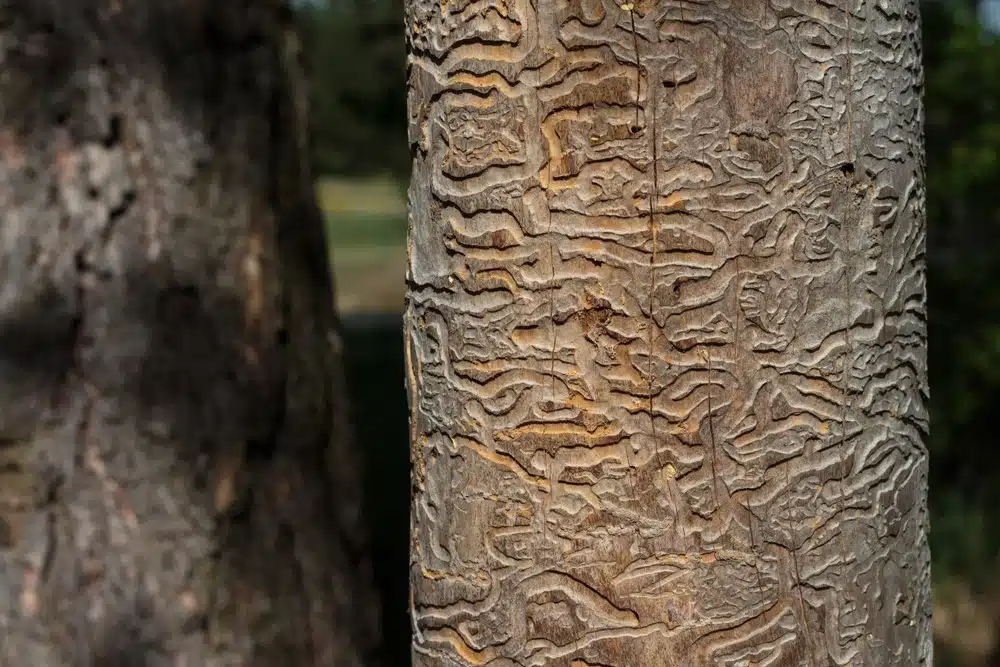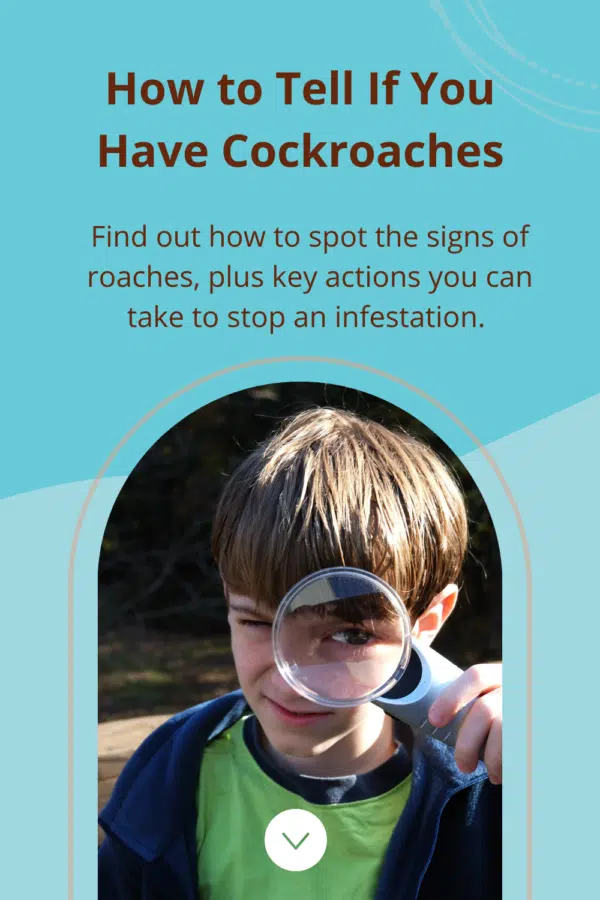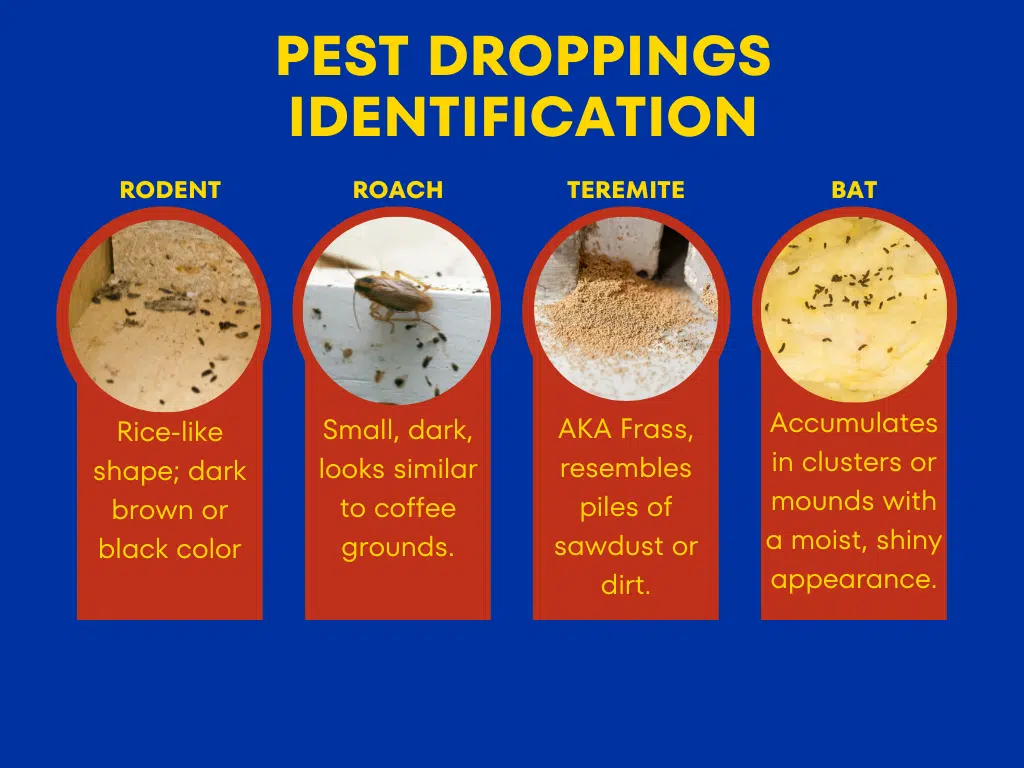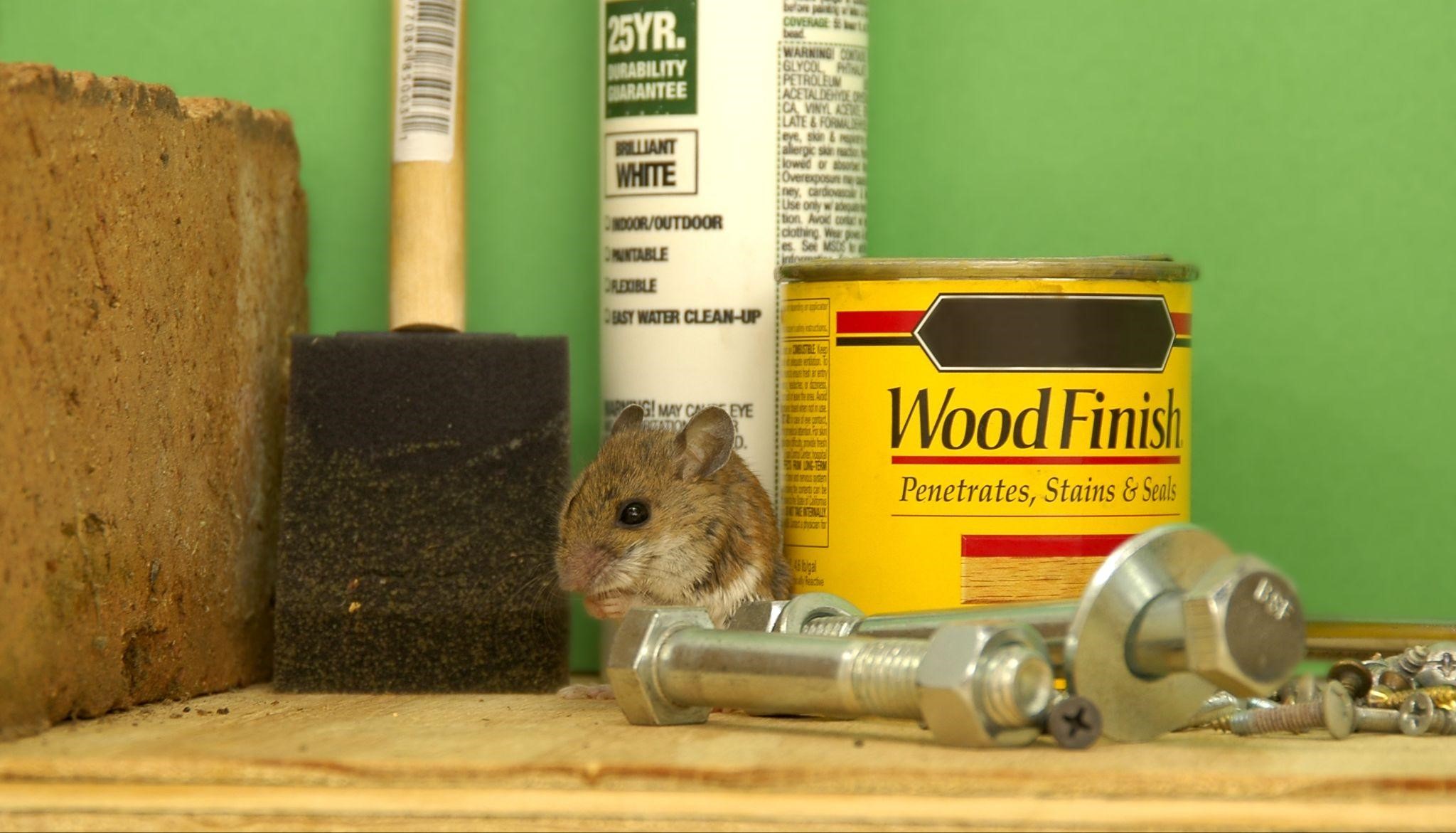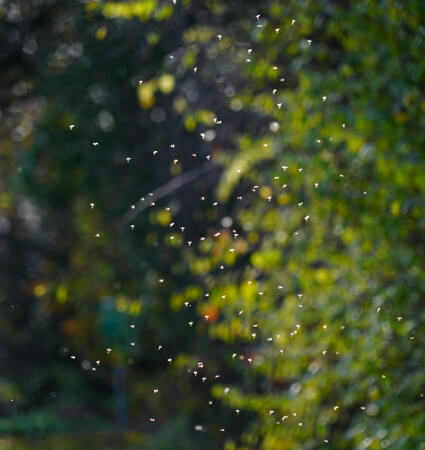
How to Store Outdoor Furniture During the Winter
August 18, 2023

As the winter season approaches, it is time to start thinking about the proper care and storage of your outdoor furniture and cushions to ensure they remain in excellent condition when spring returns. Leaving them out during harsh weather conditions can ruin your furniture. One significant concern when storing your outdoor cushions and furniture during […]






